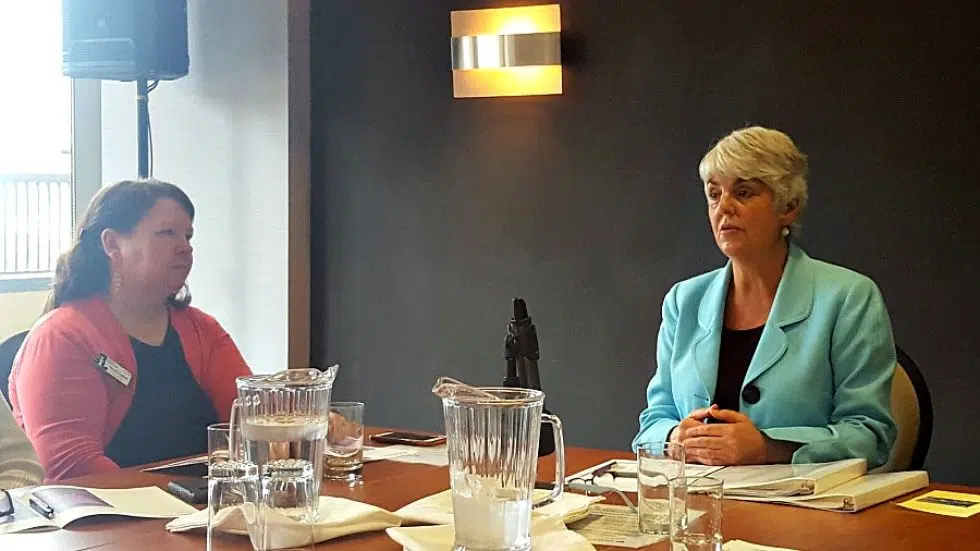
Nanaimo mayor ‘disappointed’ after Minister declines to exempt region from speculation tax
NANAIMO — B.C.’s Finance Minister was ready to listen, but not ready to change her mind during a meeting with Nanaimo officials on the incoming speculation tax.
Mayor Bill McKay and a pair of senior City staff members met with Carole James on Thursday, July 12 in Victoria, raising a variety of concerns over the NDP’s proposed legislation and the negative impact they believed it would have on the Nanaimo region.
In a statement to NanaimoNewsNOW Friday afternoon, James thanked McKay for sharing his City’s priorities but said the NDP are not considering exempting Nanaimo from the foreign buyers or speculation tax.
“It appeared clear to us that the Minister was going to proceed as they are now and will monitor the legislation once it has been enacted,” McKay told NanaimoNewsNOW.


